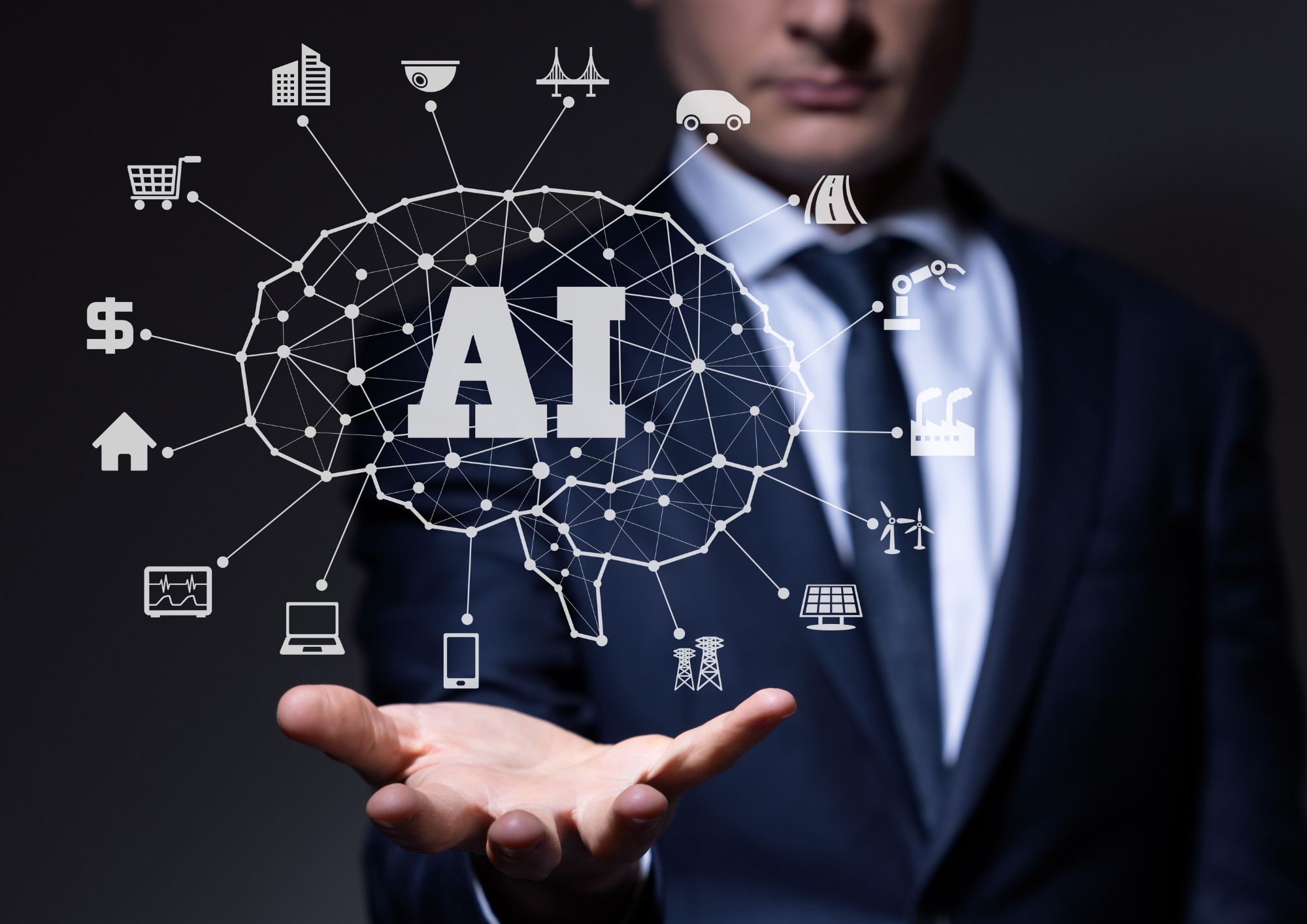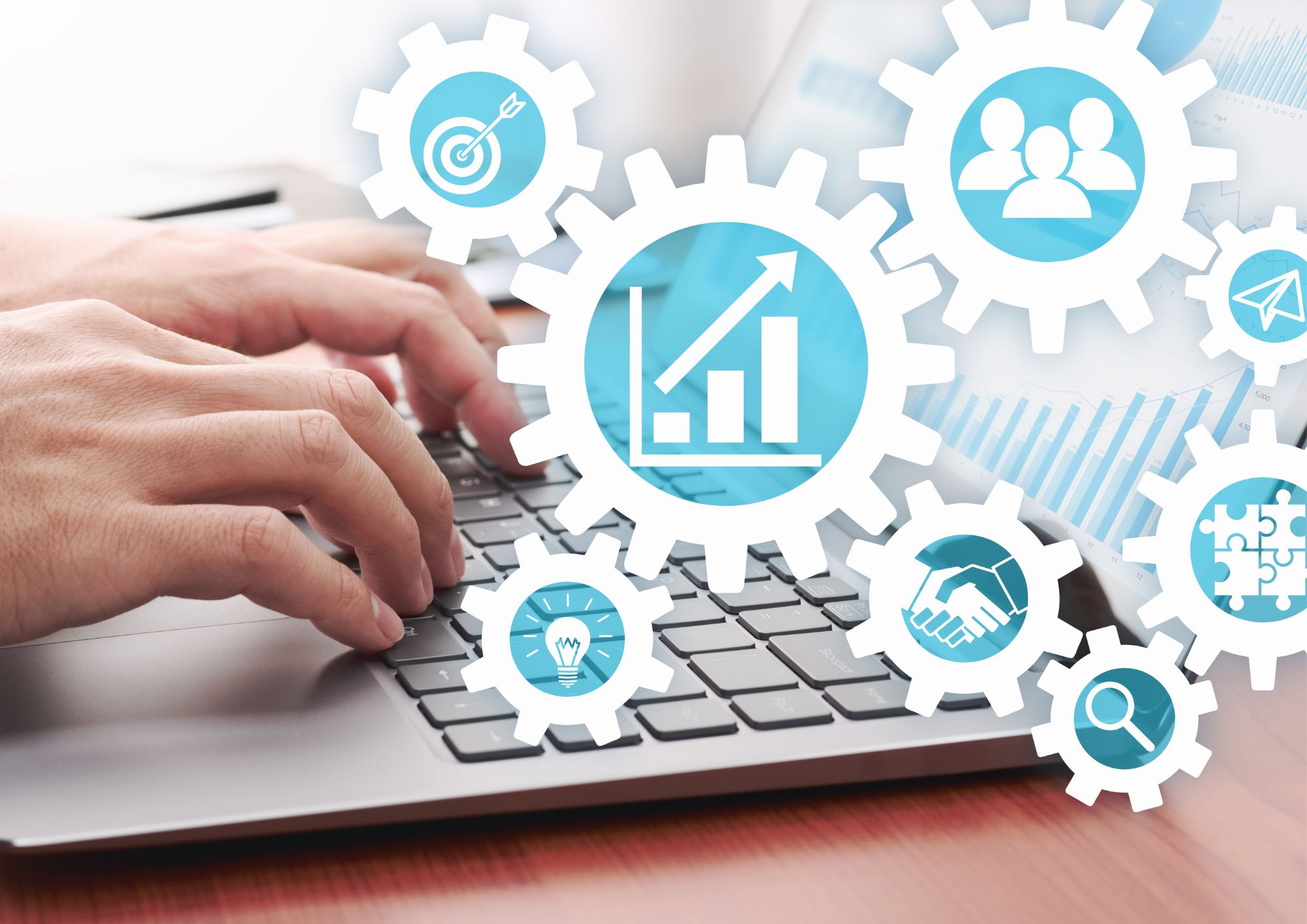The future of work is rapidly evolving as AI and jobs become increasingly intertwined.
Workforce automation, driven by advances in artificial intelligence, is transforming the global job market, presenting both opportunities and challenges for employees and employers alike.
In this comprehensive guide, we’ll explore the impact of AI on the future of work and the job market, shedding light on the implications of this technological revolution with examples, facts, and figures.
AI and Jobs: The AI-Driven Workforce Transformation
AI-powered technologies have the potential to revolutionize the way we work.
From automating repetitive tasks to enhancing decision-making processes, AI is poised to have a significant impact on various industries.
According to a report by McKinsey Global Institute, by 2030, around 800 million jobs worldwide could be displaced due to AI automation.
However, it’s not all doom and gloom. AI is also projected to create 8-9% new job opportunities by 2030, many of which do not exist today 
Examples of AI-driven workforce transformations include
- Manufacturing: The rise of smart factories and the Industrial Internet of Things (IIoT) is enabling unprecedented levels of automation in the manufacturing sector, leading to increased productivity and efficiency.
- Healthcare: AI-powered diagnostics, medical imaging analysis, and personalized medicine are revolutionizing the healthcare industry, improving patient outcomes and lowering costs.
Workforce Automation: Job Displacement and Creation
While it’s true that workforce automation can displace jobs, especially those involving routine tasks, it also creates new opportunities for growth and innovation.
The World Economic Forum estimates that by 2025, automation will have displaced 85 million jobs but created 97 million new ones 
For example, jobs such as data analysts, AI specialists, and robotics engineers are in high demand, highlighting the increasing need for tech-savvy professionals in the AI era.
Reskilling and Upskilling Strategies for the Future of Work
To adapt to the rapidly changing job market, employees must focus on reskilling and upskilling to stay relevant.
Employers, governments, and educational institutions need to invest in training programs to equip workers with the necessary skills for the future of work.
For instance, LinkedIn’s 2021 Workplace Learning Report found that 64% of learning and development professionals planned to spend more on online learning.
New Job Opportunities in the AI Era
As AI continues to reshape the job market, new opportunities emerge for skilled professionals. Some of these roles include:
- AI Ethics Officers: Ensuring the ethical development and implementation of AI systems.
- AI Trainers: Teaching AI systems to understand and process human language, emotions, and behavior.
- AI Maintenance Engineers: Ensuring the smooth functioning and optimization of AI-powered tools and systems.
Adaptation to the AI-Powered Job Market
The key to thriving in the AI-powered job market is adaptability.
By embracing a growth mindset, staying informed about industry trends, and continuously learning, professionals can position themselves for success in the future of work.
Employers should also foster a culture of innovation and invest in upskilling their workforce to harness the full potential of AI and automation.
The future of work is undeniably being shaped by AI automation and the evolving job market. While some jobs may be displaced, new opportunities will arise, requiring a shift in the skills needed to succeed in this new landscape.
By focusing on reskilling and upskilling, both employees and employers can navigate these changes and make the most of the AI-driven transformation.
As we embrace the future of work, it’s crucial to stay informed, adapt, and be prepared to seize the opportunities that AI and workforce automation bring.
By fostering a culture of continuous learning and innovation, we can ensure a bright and prosperous future for all in the AI-powered job market 
So, are you ready to embrace the future of work and thrive in the AI era?
Thank you for reading our blog, we hope you found the information provided helpful and informative. We invite you to follow and share this blog with your colleagues and friends if you found it useful.
Share your thoughts and ideas in the comments below. To get in touch with us, please send an email to dataspaceconsulting@gmail.com or contactus@dataspacein.com.
You can also visit our website – DataspaceAI


